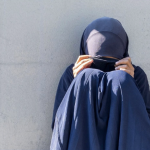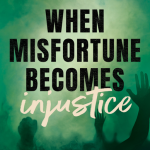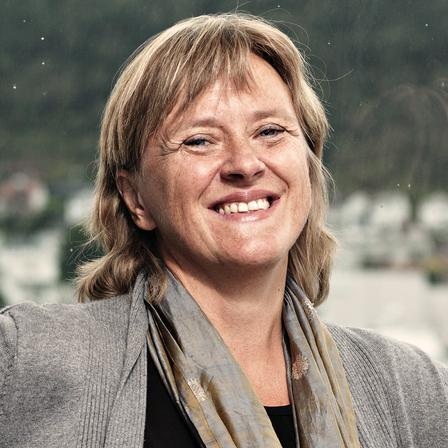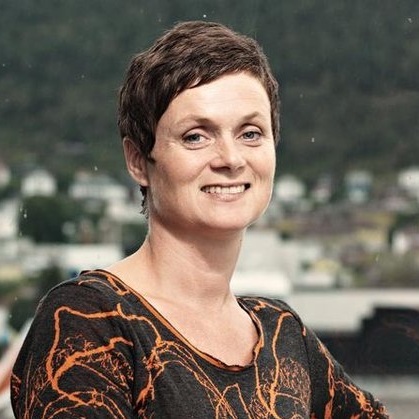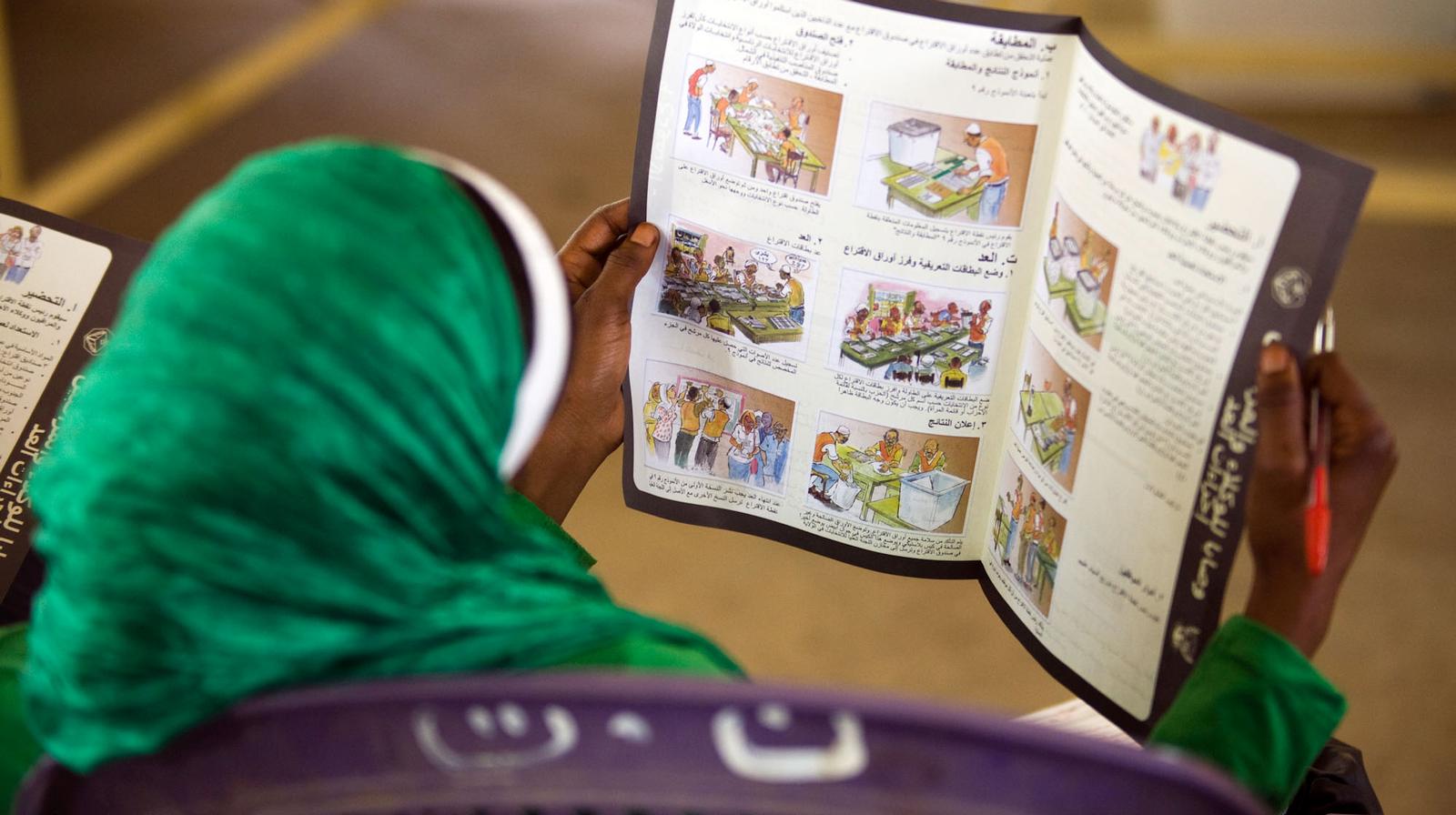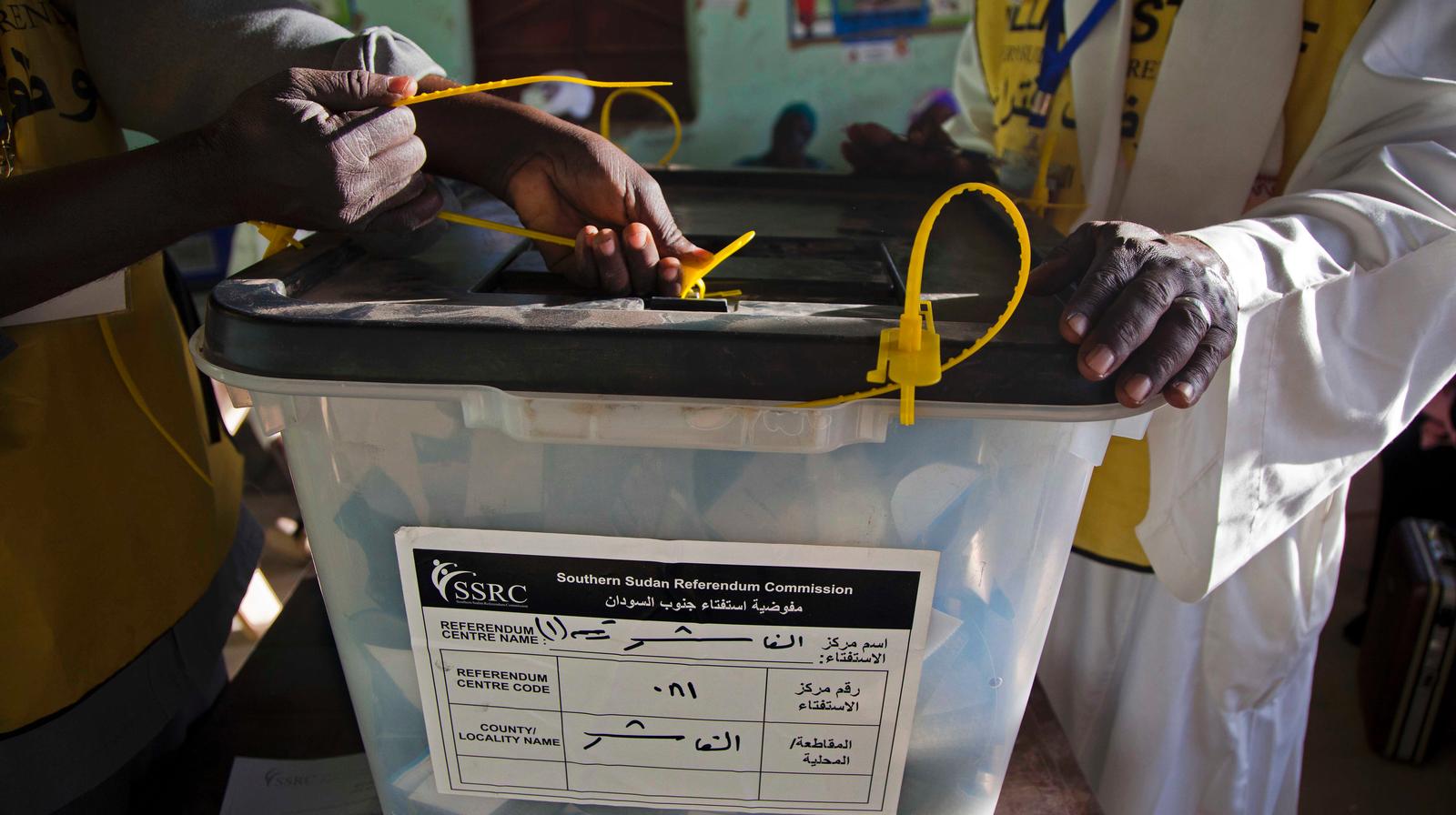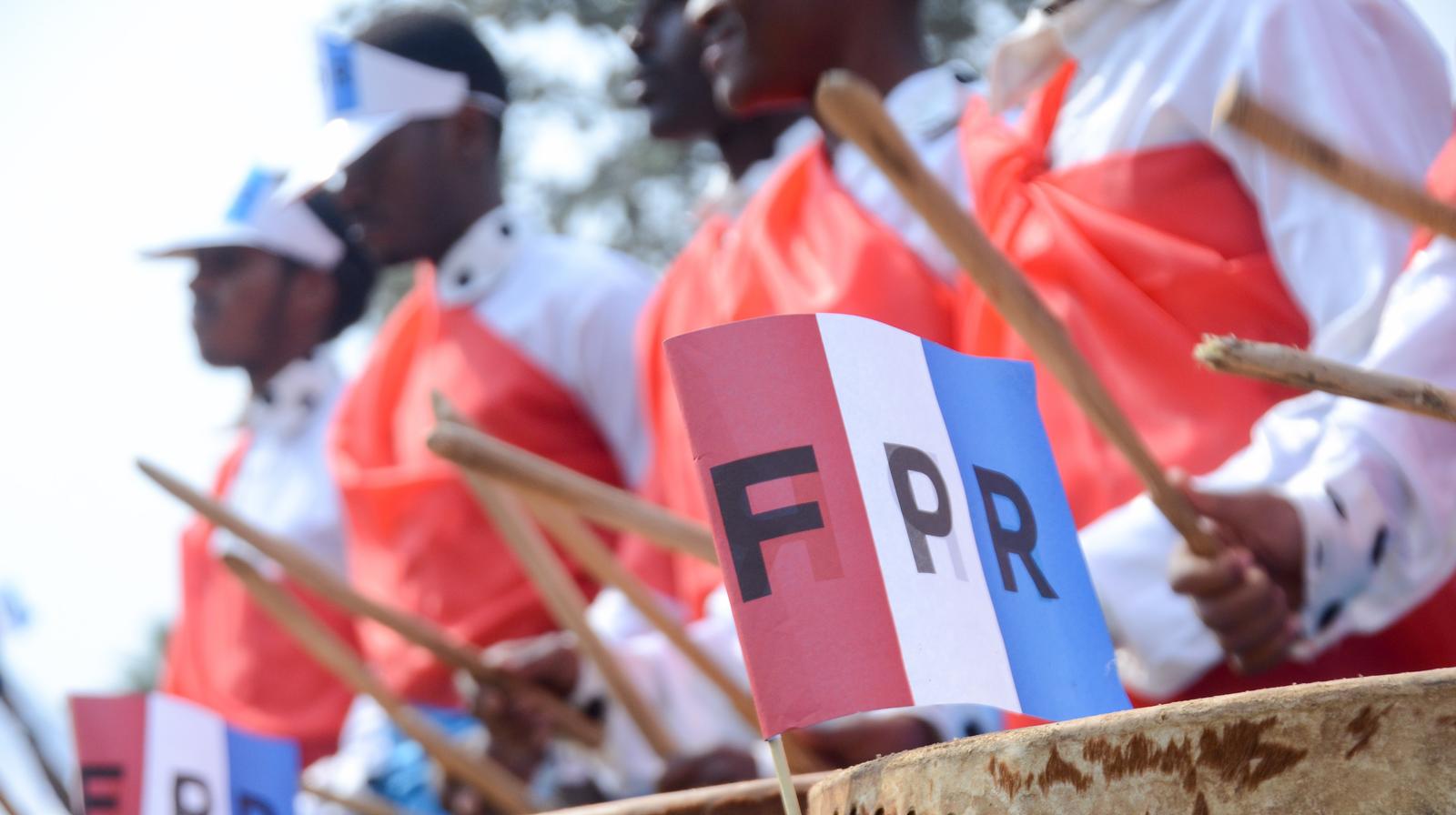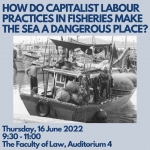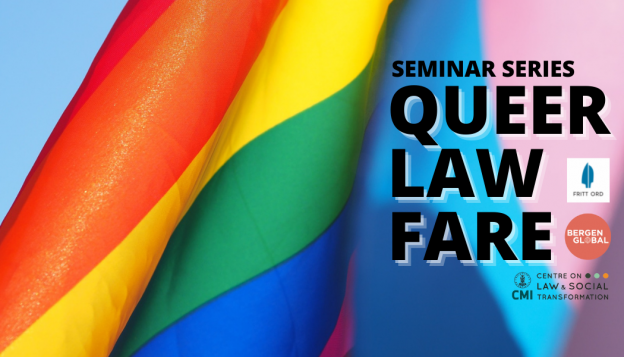Mini bios of the speakers
Adriane Sanctis (LAUT, USP): Adjunct Professor of Comparative and International Law at the Institute of International Relations at the University of São Paulo (USP). Researcher at the Center for the Analysis of Freedom and Authoritarianism (LAUT), where she investigates the legal discourse of conservative movements.
Ana Alfinito Vieira (FGV São Paulo Law School): Coordinator of the Criminal Justice Observatory and Legal Adviser on the Amazon Watch. Ph.D. in Political Sociology, Max Planck Institute.
Bruce Wilson (University of Central Florida): Full Professor at the University of Central Florida and Associated Research Professor at the Chr. Michelsen Institute, Bergen, Norway. His primary research area focuses on comparative judicial politics in Latin America and his secondary interest engages with the Scholarship of Teaching and Learning.
Camila Gianella (CISEPA Pontifical Catholic University of Peru Executive Director): Professor at the Faculty of Psychology at the Pontifical Catholic University of Peru.
Catalina Smulovitz (Torcuato Di Tella University): Catalina Smulovitz is Plenary Professor of Political Science at Torcuato Di Tella University. She writes on human rights and civil-military relations, the uses of and access to legal systems, and on citizenship and social accountability in Latin America. Currently, she is researching the impact of Federalism on the protection of rights and judicial wars in Latin America. Her recent publications are: “From the Discovery of Law to Lawfare or How the Grapes Became Sour” SAAP Journal, 2022; “Access to Justice and Public Defense in Federal Contexts: Who has access and why in the Argentine provinces?” SAAP Journal, 2019.
Catalina Vallejo (University of Bergen): Postdoctoral Fellow at the Faculty of Law at the University of Bergen. Her research focus is on climate change litigation.
César Rodríguez-Garavito (New York University): Professor of Clinical Law and Faculty Director. César is the Chair of the Center for Human Rights and Global Justice at NYU School of Law.
Cláudio Couto (FGV EAESP): Adjunct professor at the Department of Public Management at FGV EAESP and coordinator of the Professional Master’s Degree in Public Policy and Management (MPGPP). Cláudio is a researcher at the Public Sector Policy and Economy Center (CEPESP) and CNPq Productivity Fellow (level 1C), a YouTuber and podcaster (#ForadaPolíticaNãoháSalvação).
Conrado Hübner Mendes (University of São Paulo): Professor-Doctor of Constitutional Law at the Faculty of Law at the University of São Paulo. Member of the Science, Research and Freedom Observatory of the Brazilian Society for the Progress of Science (SBPC) and a researcher at the Center for the Analysis of Freedom and Authoritarianism (LAUT). He is also a columnist for the newspaper “Folha de S.Paulo”.
Dandara Rudsan (Iniciativa Negra): Researcher at Iniciativa Negra por uma Nova Política Sobre Drogas. Post-graduate student in Labor Law and Human Rights (UFPA). Former National Rapporteur on Human Rights of the DHESCA Platform on the ‘Racism, Public Security and Violence’ agenda. Political Articulator of National Network of Anti-Prohibitionist Feminists (RENFA) on the National Agenda for Extrication and Networking of Amazonian Black Women.
Danielle Rached (FGV Rio de Janeiro Law School): Professor at Fundação Getulio Vargas Law School in Rio de Janeiro, where she teaches human rights and transnational law. She has written about the legitimacy of international institutions. Currently, she researches the consequences of far-right populist governments for the climate change agenda.
Dennis Pacheco (Fórum Brasileiro de Segurança Pública).
Eloy Terena (APIB): Legal Advisor to the Articulation of the Indigenous People (APIB) and the Coordination of Indigenous Organizations of the Brazilian Amazon (COIAB). Ph.D. in Social Anthropology (National Museum, UFRJ) and Ph.D. in Law (Faculty of Law, UFF). Post-Ph.D from École des Hautes Études en Sciences Sociales (EHESS), Paris.
Felipe Freitas (UEFS/BA): Professor at the Brazilian Institute of Teaching, Development and Research (IDP), Researcher at the Getúlio Vargas Foundation (FGV) and Collaborating Professor at Federal University of Bahia (UFBA). Ph.D in law from the University of Brasília (UNB). Consultant and Program Advisor in the Freedom Project and Research Coordinator in the Observatory of Human Rights, Crisis and Covid-19. (tbc)
Florian Hoffmann (PUC-Rio): Professor at Pontifical Catholic University of Rio de Janeiro (PUC-Rio).
Francisca Pou Giménez (UNAM): Researcher at the Institute for Legal Research of the National Autonomous University of Mexico. Francisca’s work is in the area of constitutional law and comparative constitutional law, with a research focus on courts, rights protection, and dynamics of constitutional change in Latin America. She is coeditor of Proportionality and Transformation: Theory and Practice from Latin America (CUP, 2022), with Laura Clérico and Esteban Restrepo.
Gabriel Sampaio (Conectas): Coordinator of Strategic Litigation and the Program to Combat Institutional Violence at Conectas Human Rights. Master in Social Relations Law from PUC/SP. Member of the Board of Directors of the Center for the Analysis of Freedom and Authoritarianism (LAUT). Consultant member of the Special Committee on Criminal and Penitentiary Policy of the OAB/SP. Advisor to the Advisory Board of the Police Ombudsman of the State of São Paulo.
Henrique Almeida (University of São Paulo): Ph.D. in Law and Political Economy (University of São Paulo). Incoming post-doctoral fellow at Getúlio Vargas Foundation for 2023, affiliated with the Core of Law and Political Economy (NUDEP). He is primarily interested in how the State’s organizational structure and the agency of non-official actors shape one another. His past research projects have applied socio-legal and comparative political approaches to the study of public-private relations in economic policy, institutionalized participation in healthcare policymaking and civil society under autocratization processes.
José Mauricio Arruti (Unicamp): Professor Dr. do Dep. de Antropologia da UNICAMP e pesquisador do CEBRAP, vinculado ao Núcleo Afro. Desenvolve pesquisas com comunidades quilombolas e povos indígenas, em especial sobre Etnicidade, Território, Memória e Educação. Atualmente coordena o projeto de pesquisa e extensão sobre acesso quilombola à justiça e o papel das defensorias públicas. Participa dos conselhos consultivos do Arquivo Edgar Leuenroth (AEL) e do Centro de Antropologia de Processos Educativos da Faculdade de Educação (CeAP); é pesquisador do Centro de Pesquisa em Etnologia Indígena (CPEI) e do Centro de Estudos Rurais (CERES), onde coordena o Laboratório de Pesquisa e Extensão com Populações Tradicionais Ameríndias e Afro-americanas (LaPPA).
Julia Goldani (FGV São Paulo Law School): Ph.D. candidate in Law and Development at FGV São Paulo Law School. Researcher at FGV’s Center for Racial Justice and Law, where she works on projects related to accountability for lethal police violence against Brazil’s black population. Current research interests also include public security policies, police reform and legal autocratization in contextes of historic state violence.
Juliana Vieira dos Santos (Coordenadora Jurídica da Rede Liberdade): Professor at the Federal Rural University of Rio de Janeiro (UFRRJ).
Karina Ansolabehere (National Autonomous University of Mexico): Researcher at the Institute of Legal Research of the National Autonomous University of Mexico. Her research areas are mass human rights violations and justice process in post-transitional settings as well as judicial change and innovation in Latin America. Co-Editor with Rachel Sieder and Tatiana Alfonso of the Handbook on Law and Society in Latin America, Routledge, and with Barbara Frey and Leigh Payne of the volume Disappearances in the Post-transition Era in Latin America (OUP).
Lara Côrtes (LawTransform/University of Bergen): Coordinator for LawTransform and Post-Doctoral Researcher at the Christian Michelsen Institute (CMI) for the Pluriland project.
Livia Buzolin (FGV São Paulo Law School). Lívia Gonçalves Buzolin (FGV São Paulo Law School). Ph.D candidate in Law and Development at FGV São Paulo Law School. Law Professor at Franca Law School. Researcher for the Project on Autocratic Legalism, linked to the Centre on Law and Political Economy at FGV Direito SP. Founder of the South-South Network, formed by CMI-UiB Centre on Law & Social Transformation affiliates. Lívia’s work is in the field of socio-legal studies, and her research interests include sexuality, gender, race, human rights, legislative processes, and courts.
Luciana Gross Cunha (FGV São Paulo Law School): Professor at Getúlio Vargas Foundation. Member of the Centre for Justice and Constitution at FGV São Paulo Law School.
Mariana Mota Prado (University of Toronto): Professor of International Law and Development in the Faculty of Law at the University of Toronto.
Mario Schapiro (FGV São Paulo Law School): Professor at Getúlio Vargas Foundation (FGV). Researcher at the Laboratory of Data and Empirical research in Law (LabDados) and the Core of Law and Political Economy (NUDEP).
Marjorie Marona (UFMG): Professor at the Federal University of Minas Gerais (UFMG), Political Science. Researcher at the Institute of Democracy and Democratisation of Communication (INCT/IDDC). Co-organizer of Democracia e Justiça na América Latina: para onde vamos? (EdUerj, 2022) and coauthor of A Lava-Jato e a erosão da Democracia no Brasil (Autêntica, 2021). Her research area focuses on comparative judicial politics in Latin America.
Marta Machado (FGV São Paulo Law School): Professor and coordinator of the school’s Academic Master’s and Doctorate Program. Senior researcher at CEBRAP; Fellow at the International Reproductive and Sexual Health Law Program, University of Toronto School; Associate researcher at the Oxford Human Rights Hub; Main Investigator at Maria Sibylla Merian Centre Conviviality-Inequality in Latin America (MECILA).
Matthew Taylor (American University): Matthew Taylor is Professor of International Studies and acting Associate Dean of Research at the School of International Service at American University. Taylor is the author or editor of five books and a variety of articles on Latin America. His most recent books are Decadent Developmentalism: The Political Economy of Democratic Brazil (Cambridge University Press, 2020) and Brazilian Politics on Trial: Corruption and Reform Under Democracy (Lynne Rienner, 2022), co-authored with Luciano Da Ros.
Mauricio Palma (FGV São Paulo Law School): Post-Doctoral Fellow at the FGV São Paulo Law School. Author of the book “Technocracy and Selectivity: NGOs, the UN Security Council and Human Rights” (2019), Nomos.
Mauricio Terena (APIB): Legal Advisor at the Articulation of the Indigenous People in Brazil (APIB), and consulting member of the Special Commission of the Indigenous’ Peoples’ Rights of the OAB/DF. Integrant of the Indigenous Terena People of the state of Mato Grosso do Sul.
Michelle Ratton Sanchez Badin (FGV São Paulo Law School).
Nathalia Sandoval (FGV RI). Nathalia Sandoval is an Assistant Professor at the School of International Relations of the Fundação Getulio Vargas (FGV-RI). She holds a Ph.D. in Government from the University of Texas at Austin. She earned her M.A in Political Science at the Universidad de los Andes in Colombia. She studied Law and specialised in Constitutional Law at the Universidad Nacional de Colombia. She specialises in law and politics, and comparative politics. Specifically, her research focuses on Latin American courts and human rights, and the relationship between those national institutions and local communities.
Oscar Vilhena (FGV São Paulo Law School): Dean and Professor at FGV São Paulo Law School. Founder of Conectas Human Rights, Pro Bono Institute, and Law Schools Global League (LSGL). He coordinates the multidisciplinary team at FGV, which prepares the assessment of social and environmental damage resulting from the collapse of the Fundão dam, in Mariana, for the Federal Prosecution Office.
Paola Bergallo (Torcuato Di Tella University): Associate Professor at the School of Law and Adjunct Researcher at the Consejo Nacional de Investigaciones Científicas y Técnicas (CONICET). Member of the Latin American Seminar on Constitutional Theory (SELA).
Rachel Sieder (CIESAS): Senior Research Professor at the Center for Research and Graduate Studies in Social Anthropology (CIESAS) in Mexico City. Associate senior researcher at the Chr. Michelsen Institute and PI for the PluriLand project. Associate fellow at the Centre for Latin American and Caribbean Studies, School of Advanced Study, University of London. Research interests include: human rights, indigenous rights, social movements, indigenous law, legal anthropology, gender and law. Coeditor with Karina Ansolabehere and Tatiana Alfonso of The Handbook of Law and Society in Latin America, Routledge (2019).
Raquel Pimenta (FGV São Paulo Law School): Professor at Getúlio Vargas Foundation (FGV). Co-coordinator of the Core of Law and Political Economy (NUDEP).
Rebecca Abers (UnB): Professor of Political Science at the University of Brasília (UNB). Co-editor of the Revista Brasileira de Ciência Política. Co-coordinator of the RESOCIE Research group on Society State Relations. Member of the Advising Committee of the National Council of Scientific and Technological Development (CNPq).
Salvador Schavelzon (UNIFESP): Anthropologist (Museu Nacional-UFRJ), Professor and researcher at the Federal University of São Paulo (UNIFESP-OSASCO), Professor at the Postgraduate Program in Latin American Integration (PROLAM-USP). With works on Latin American constitutionalism, today researches indigenous cosmopolitics, Latin American politics and anthropological theory. He also writes at desinformemonos.org (México).
Sandra Botero (Del Rosario University):(Del Rosario University): Associate Professor, Faculty of International, Political and Urban Studies at the Universidad del Rosario.
Sheila de Carvalho (Coalizão Negra por Direitos): international human rights lawyer. Director of Political Advocacy at the Peregum Black Reference Institute. Founder and partner of Carvalho Siqueira Advogadas e Advogados. Coordinator of the Institutional Violence Nucleus of the OAB / SP Human Rights Commission and the Legal Reference Center of Artigo 19. Fellow of the UN High Commissioner for Human Rights.
Siri Gloppen (LawTransform/University of Bergen): Professor of Political Science at the Department of Government at the University of Bergen, Deputy Dean of the Faculty of Social Sciences at the University of Bergen, and founding Director of Centre on Law & Social Transformation (Lawtransform). Current projects include ´Sexual & Reproductive Rights Lawfare: Global Battles´, ‘Political determinants of sexual and reproductive health: Criminalisation, health impacts and game changers’ and Pluriland.
Sofia Rolim (FGV São Paulo Law School): Master in Law and Development at the Getúlio Vargas Foundation (FGV). Researcher for the Project on Autocratic Legalism, linked to the Centre on Law and Political Economy at FGV Direito SP. Public Servant in the Audit Court of the State of São Paulo.
Taís Penteado (FGV São Paulo Law School): Ph.D. Candidate in Law and Development at FGV São Paulo Law School and LL.M. candidate at Yale Law School. Collaborating Researcher at the Gender and Law Center at FGV São Paulo Law School and Tandem Fellow (Alexander von Humboldt Foundation) at the Max Planck Institute for the Study of Crime, Security and Law (Freiburg, Germany).
Tatiana Alfonso (ITAM): Professor at the Division of Social Sciences and Law at the Department of Law at the Autonomous Institute of Technology of Mexico (ITAM).
Carlos Andrés Baquero-Díaz (NYU): Carlos Andrés is a JSD student at NYU Law School. His research interests include environmental law, human rights, multiculturalism, and governance. On his dissertation project, he explores the relationship between property rights and environmental protection in tropical forests.

